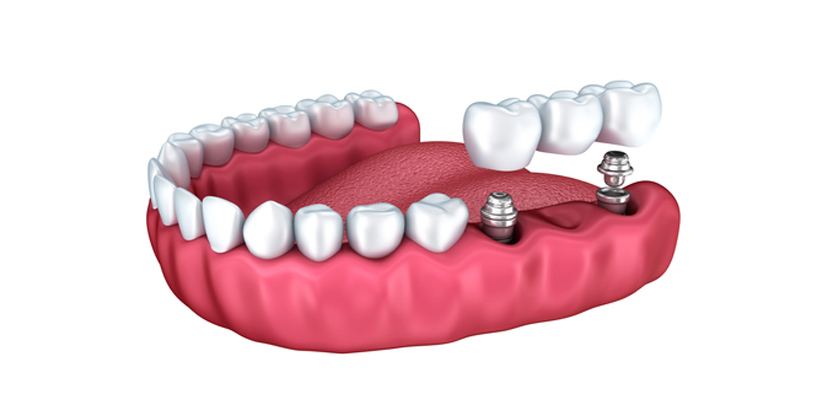Dental implants have become one of the fastest growing dental procedures in the country. Their longevity, cosmetic appeal and low maintenance requirements make them attractive to many. However, many wander if and when these implants will need to be replaced.
How Long Do Implants Last?
These implants are designed to stand the test of time, and are manufactured with materials that have been rigorously tested for durability. However, because the technology is new, experts aren’t yet certain how long they will last, and can only provide estimates. In fact, despite the strength of oral implants, there are a number of poor dental habits which may compromise them over the long term.
The success of implants is heavily dependent on the patient’s health, along with medications which influence osseointegration, and oral tissue viability. Most dentists will evaluate the level of stress that implants will be subjected to, and must plan both the position of the implant along with the number that must be installed. The reason for this is because the biomechanical forces which are involved with chewing are substantial.
Simply put, there is a lot that goes into oral implantation and the longevity is determined partly by the skill of the dentist. They must determine the angle of teeth which are adjacent, and will often make use of tools such as computed tomography and CAD to get the best results. Dentists will also test both the gingiva and bone as their health status and strength are indispensable to the long term success of implantation.
Dental Habits Will Influence Longevity
Some patients who have implants installed believe they can become lax when it comes to dental hygiene, particularly flossing or brushing. In their mind, since the implants are artificial, they are not subject to the wear that is experienced with normal teeth, but this belief is false. The same dental hygiene practices which are applied to natural teeth must also be applied to implants. A failure to do this can increase the risk of infection, as well as the development of oral disease. Furthermore, poor dental care may ultimately result in the oral cavity rejecting the implant.
Patients Who Should Not Receive Oral Implants
Despite the popularity of this dental procedure, it is not good for everyone. For instance; patients who have medical issues which are preexisting should avoid these implants as using them could lead to either infections or other oral problems. The research done so far suggests that the position of a patient’s mouth may influence how long these implants last. Tooth implants which are frequently used for chewing will wear out at a much faster rate than those which aren’t.
Ultimately, it is possible for an implant to last a lifetime, without having to be replaced. Traditional dental procedures such as crown installation have a lifespan which ranges from 10 to 15 years. Dentures have to be replaced regularly, and the same can be said of dental bridges.

